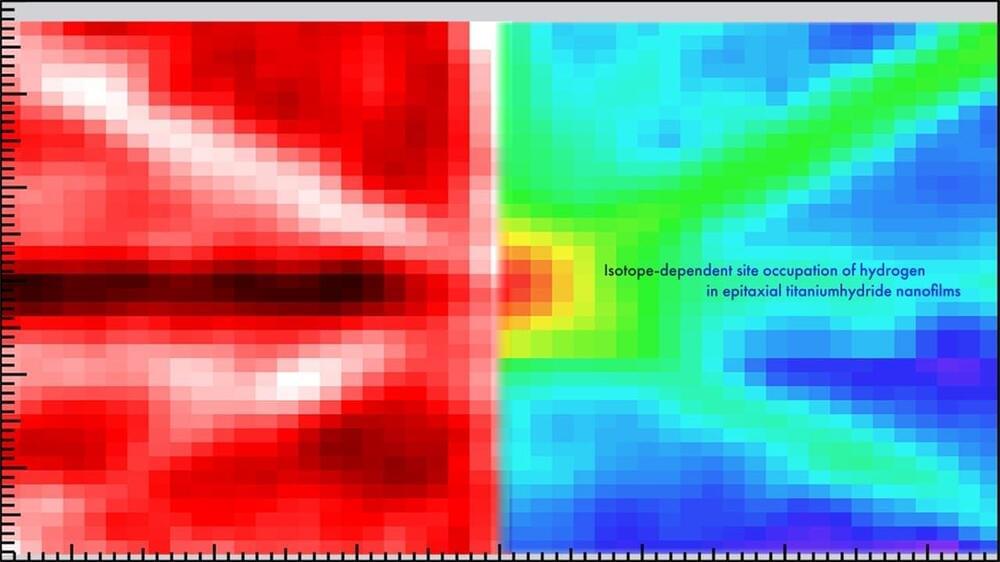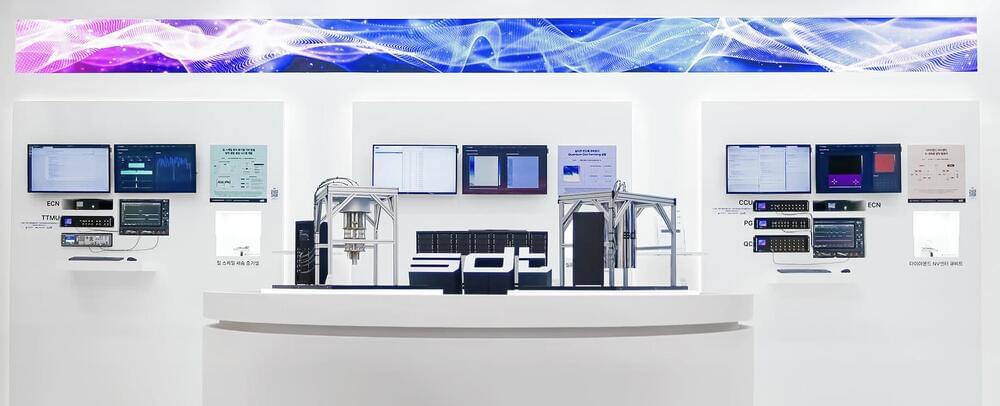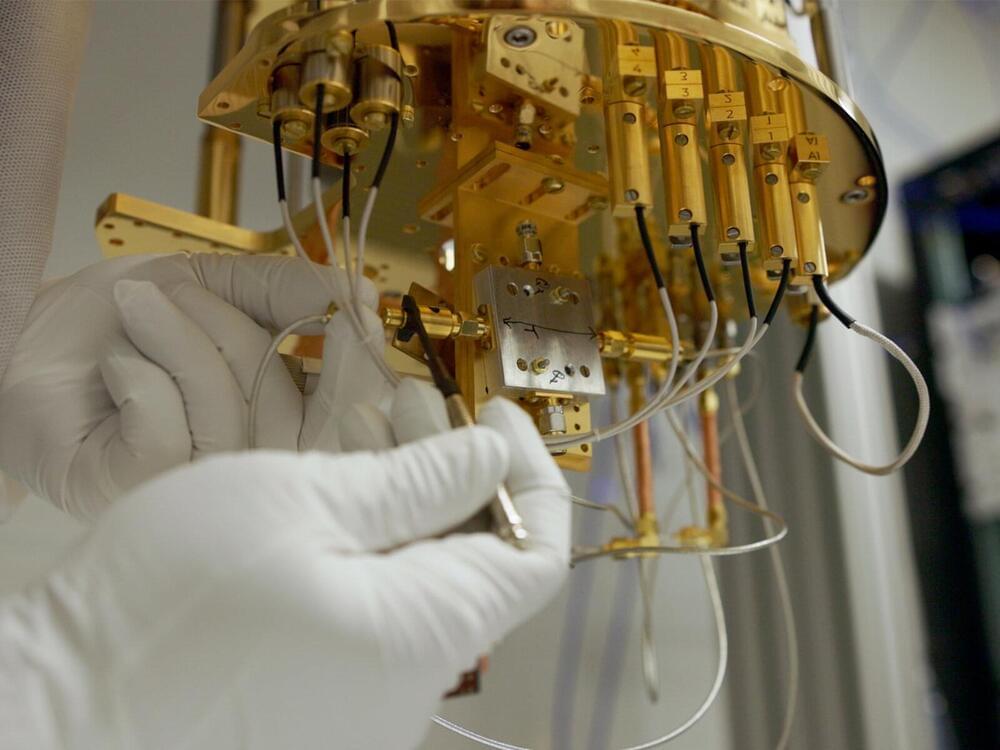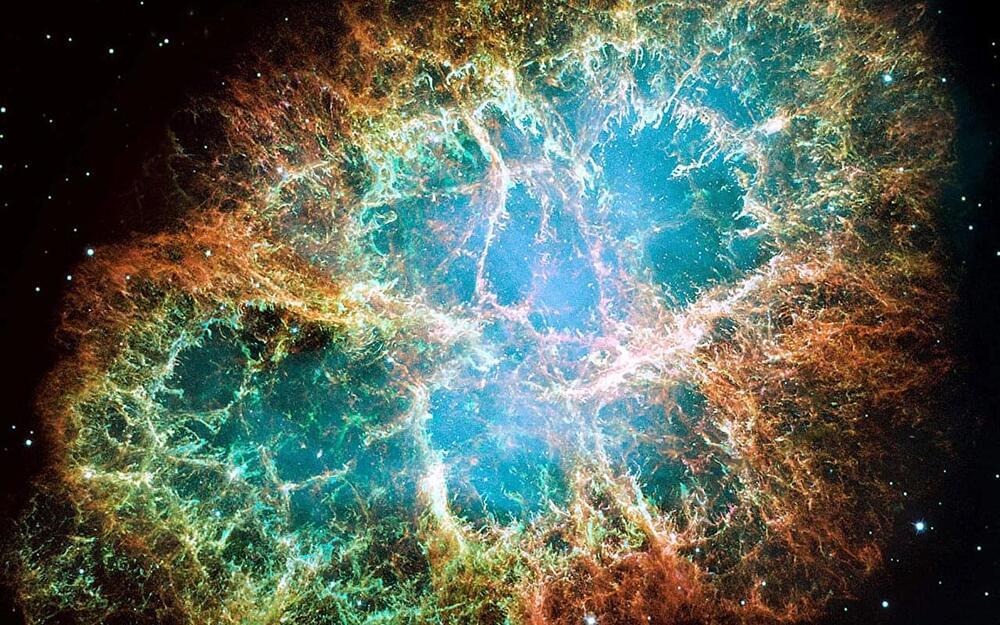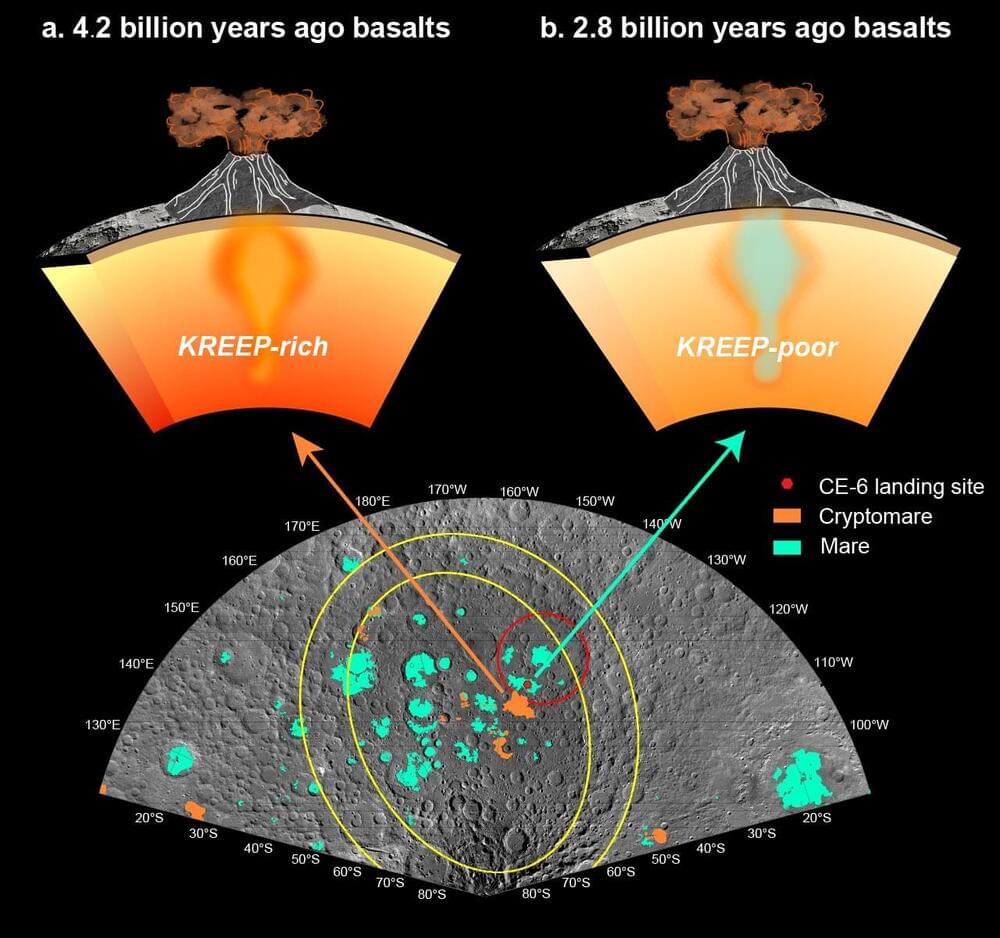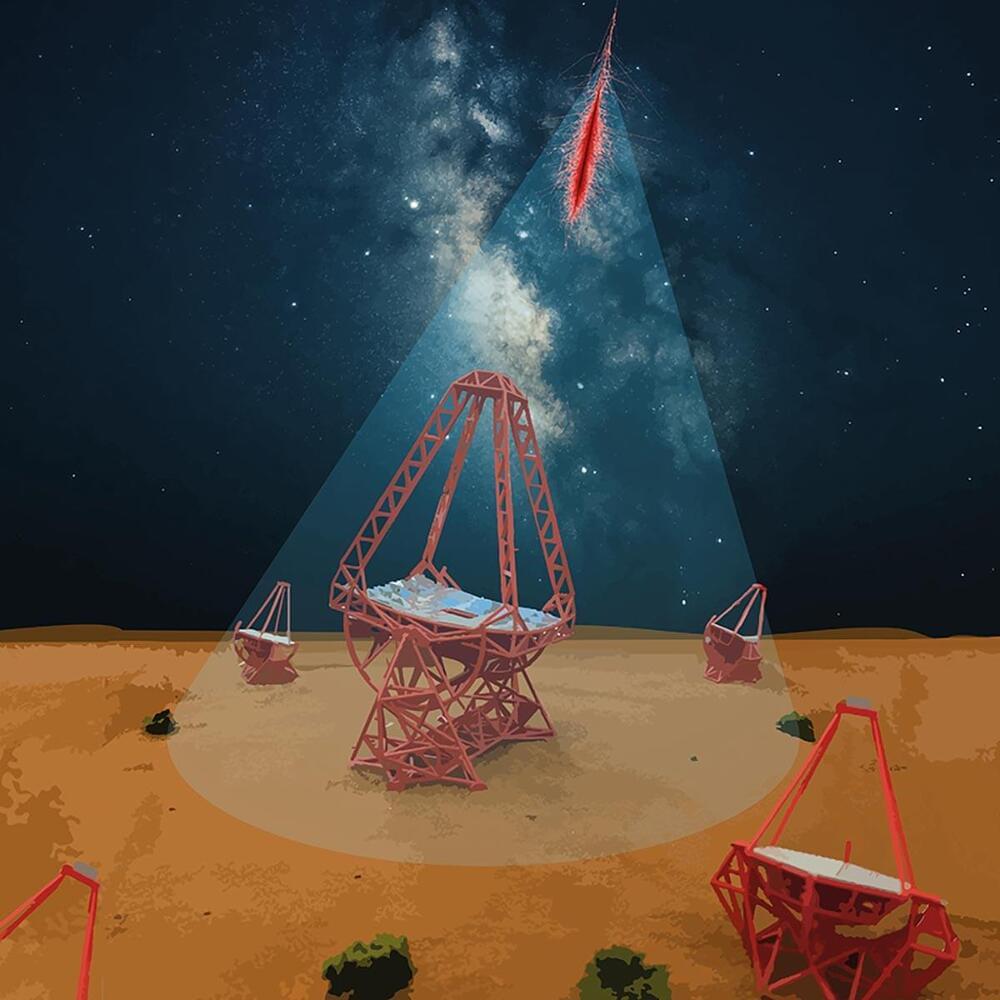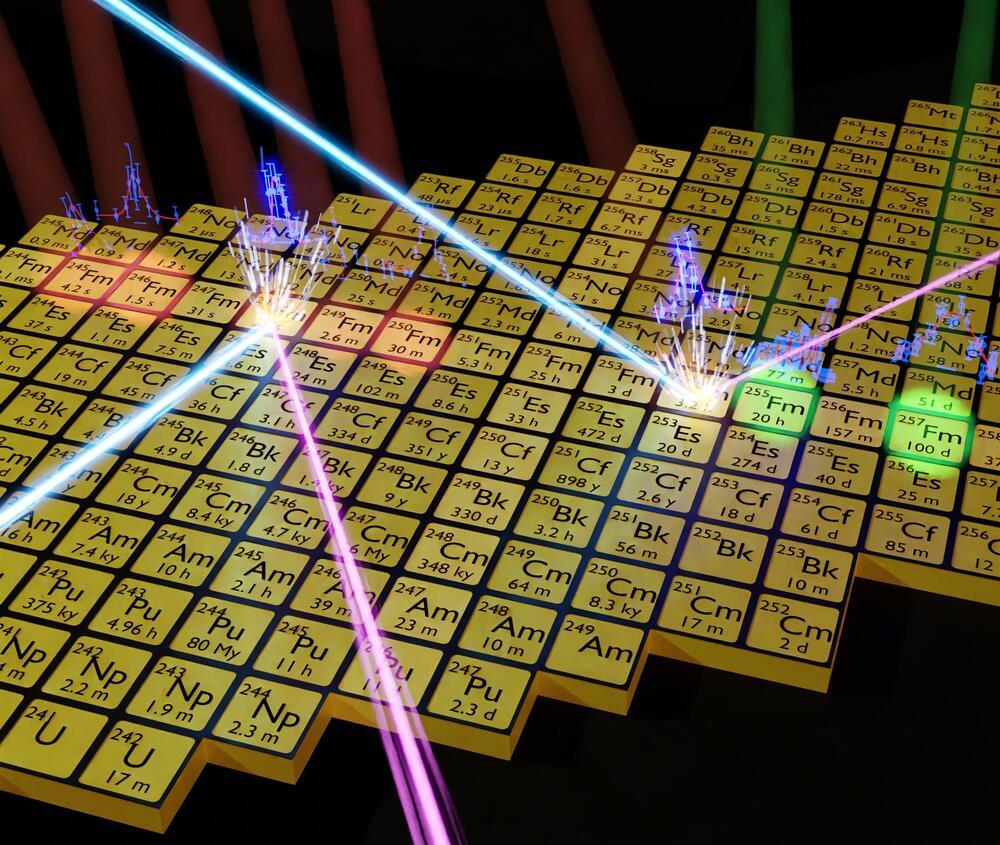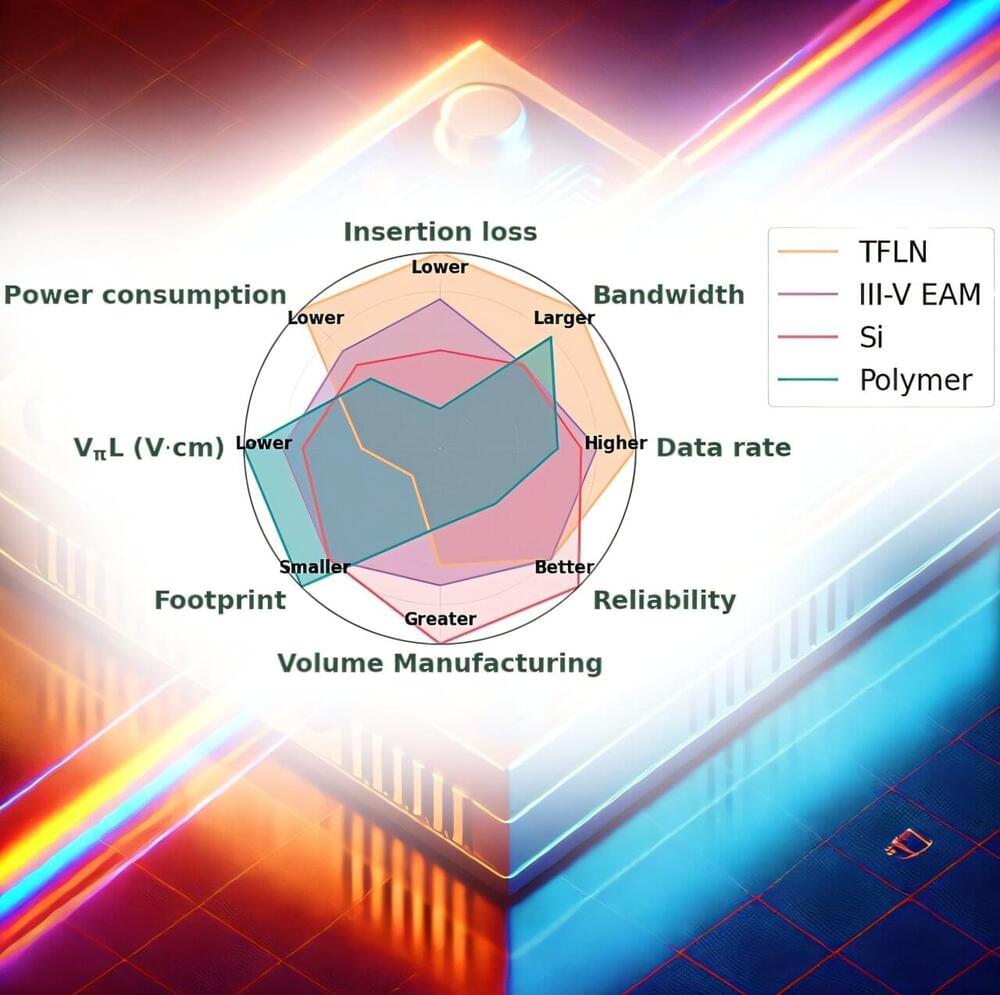The rebirth of commercial supersonic flight has kind of, sort of come to pass as Dawn Aerospace announces that its 16-ft (4.8-m) autonomous Mk-II Aurora rocket-powered aircraft broke the sound barrier with a speed of Mach 1.1 on November 12, 2024.
Ever since the Anglo-French Concorde retired in 2003, civil supersonic flight has been something of a lost art. In recent years, a number of startups have been working on various projects to create a new generation of supersonic transports that are quieter, greener, more efficient, and cost effective to operate.
Now, one supersonic aircraft has actually taken flight, albeit in the form of an uncrewed experimental craft with a wingspan of 13 ft (4 m) and a dry weight of 880 lb (200 kg). In the skies over New Zealand’s Glentanner Aerodrome near the base of Aoraki/Mount Cook, the Mk-II Aurora hit Mach 1.1 while climbing to an altitude of 82,500 ft (25,150 m).
